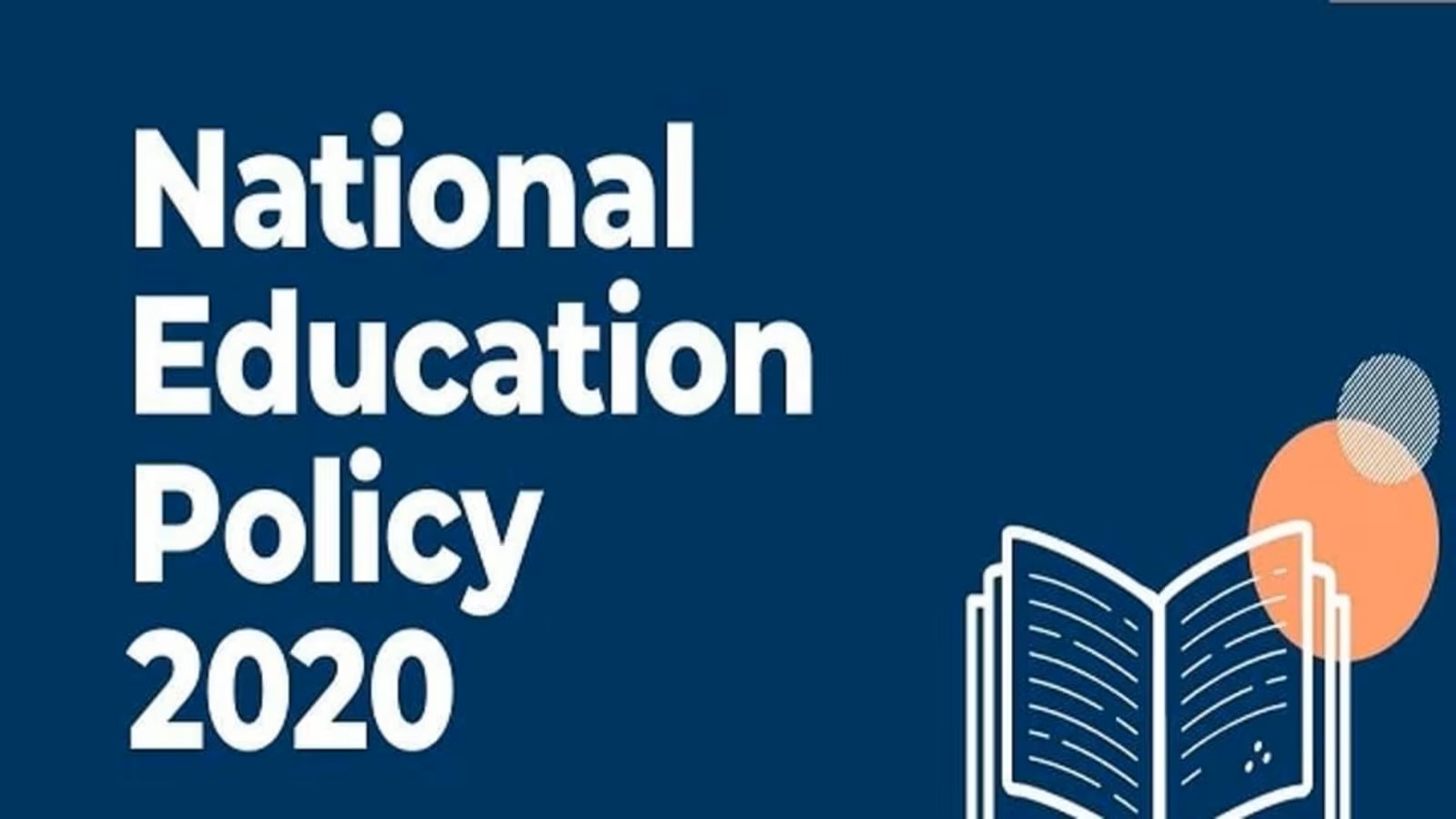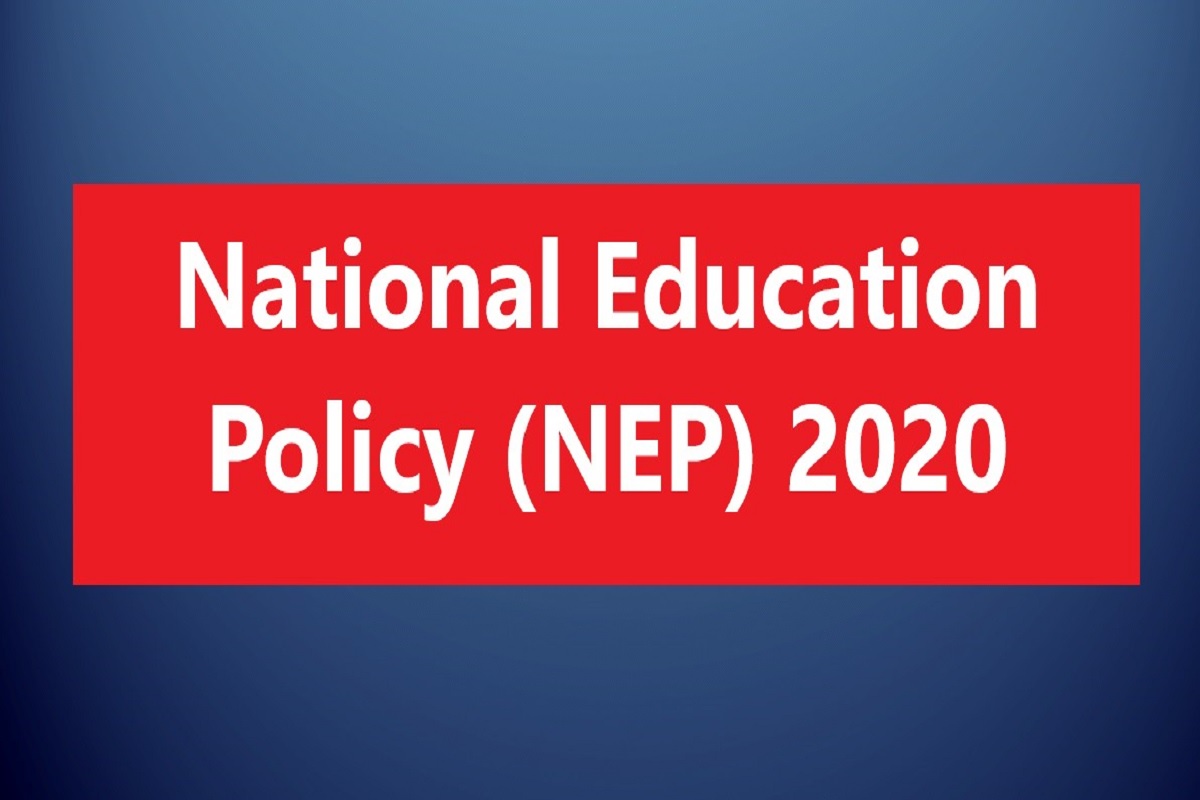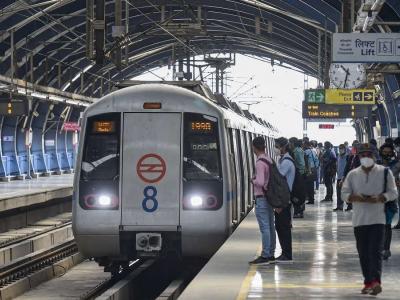The National Education Policy 2020 (NEP 2020) stands as a watershed moment in India’s educational history. This far-reaching policy isn’t merely a document; it’s a clarion call for a complete overhaul of the education system, aiming to ensure quality education for all, from the tender years of early childhood to the pinnacle of higher learning. Let’s embark on a journey to explore its core tenets, the ongoing efforts to translate them into reality, and the potential impact on the future of education in India.
- Universal Access: NEP 2020 recognizes education as a fundamental right, not a privilege. It guarantees access to quality education from pre-primary to Grade 12, leaving no child behind. Recognizing the crucial role of early childhood development, it places special emphasis on the 3-6 age group, ensuring a strong foundation for lifelong learning.
- Flexibility and Holistic Development: The rigid 10+2 structure is replaced by a dynamic 5+3+3+4 pedagogical format. This fosters flexibility, dismantling artificial barriers between streams, subjects, and activities. It promotes holistic development, nurturing cognitive skills and social, emotional, and physical well-being.
- Foundational Literacy and Numeracy: Recognizing these as the cornerstones of all learning, NEP 2020 establishes a dedicated National Mission to address these crucial areas. This mission aims to equip every child with strong foundational skills, empowering them to excel in their academic journeys and navigate the complexities of life.
- Embracing the Power of Language: NEP 2020 champions multilingualism and the use of mother tongue/home language as mediums of instruction, at least until Grade 5 and preferably till Grade 8. This move aims to enhance comprehension, engagement, and inclusivity, ensuring no child is left behind due to language barriers.
- Reimagining Assessment: Moving away from rote learning and towards critical thinking and creative problem-solving, NEP 2020 introduces flexible board exams. Students can take them up to twice a year, reducing exam stress and encouraging deeper understanding. Additionally, a new national assessment centre, PARAKH, will focus on holistic development evaluation, measuring academic achievement and essential life skills.
- Equity Takes Center Stage: Recognizing the diverse needs of learners, NEP 2020 prioritizes inclusive education. Dedicated funds and special education zones cater to Socially and Economically Disadvantaged Groups (SEDGs) requirements. This ensures that every child, regardless of their background, has the opportunity to thrive and reach their full potential.
The success of NEP 2020 hinges not just on the policy itself, but on its effective implementation. The Ministry of Education has actively engaged with states and Union Territories, addressing their concerns and fostering innovative ideas through workshops and consultations. National and state-level meetings serve as platforms for ongoing dialogue and strategy development, ensuring collaborative efforts towards a shared goal.
NEP 2020’s transformative aspirations extend beyond school education, encompassing the entire education landscape. Increasing the Gross Enrollment Ratio (GER) to 50% in higher education aims to create a more inclusive and accessible system. The introduction of multidisciplinary programs fosters holistic learning and prepares graduates for the dynamic demands of the 21st-century workplace. A common entrance exam streamlines the admission process, providing a level playing field for students across the country.
Recognizing the crucial role of teachers in shaping young minds, NEP 2020 introduces a revamped 4-year integrated Bachelor of Education program. This program aims to attract talented individuals into the teaching profession and equip them with the necessary skills and knowledge to effectively guide and inspire their students. Furthermore, a National Mission for Mentoring provides ongoing support and empowers educators to continuously learn and grow.
Integration of technology is a key focus of NEP 2020. A dedicated forum is established to promote its effective use in learning, assessment, and administration. This aims to create engaging and interactive learning environments, and personalized learning experiences, and bridge the digital divide, ensuring equitable access to quality education for all.
Achieving the ambitious goals of NEP 2020 requires a collective effort. The policy underscores the need for increased public investment in education, aiming to reach 6% of GDP. This necessitates collaboration between the central government and states, ensuring coordinated action and resource allocation. Additionally, active participation from stakeholders like parents, communities, and civil society organizations is crucial for successful implementation.




